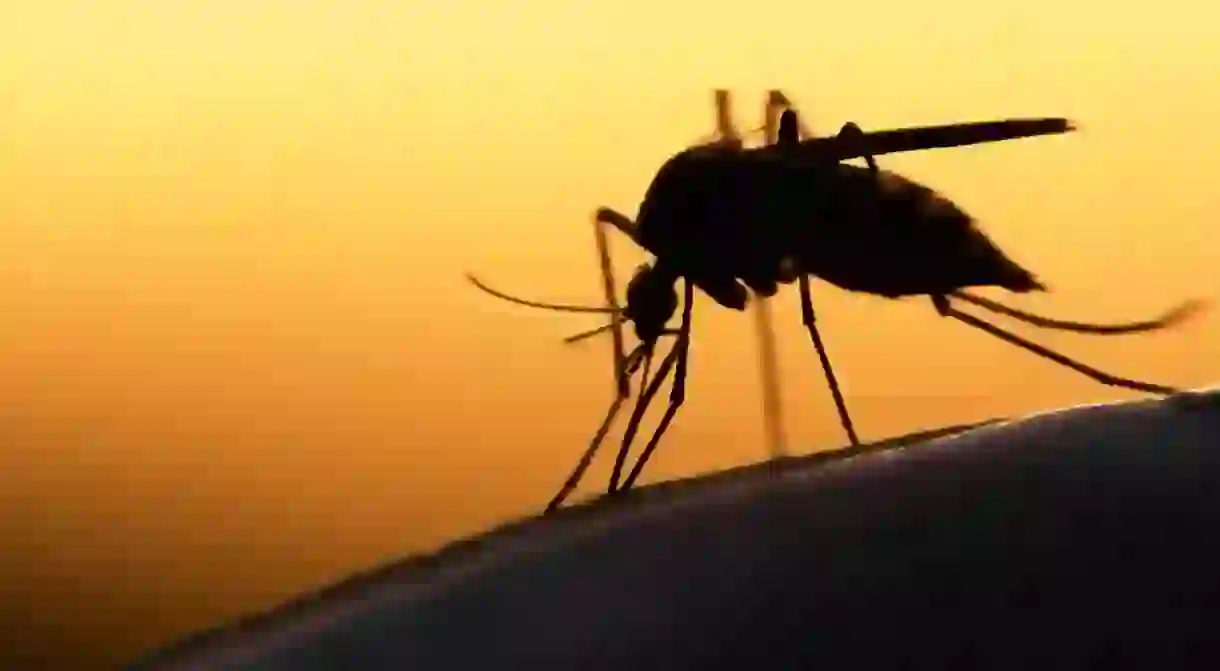Super Malaria: Everything You Need to Know About This Deadly Threat

A potentially deadly “super malaria” is causing panic as it sweeps across Southeast Asia. Scientists are warning of the potential threat after this dangerous form of malaria proved to be resistant to the usual anti-malaria drugs. It is believed to have emerged in Cambodia and has since spread to parts of Thailand and Laos. It was most recently reported in south Vietnam.
Prof Arjen Dondorp, head of the Malaria Unit at the Mahidol-Oxford Tropical Medicine Research Unit in Bangkok, told BBC News: “We think it is a serious threat. It is alarming that this strain is spreading so quickly through the whole region.”

He expressed fears that it may spread further, eventually to Africa where it would have devastating consequences. A total of 92 percent of all malaria cases are recorded in the region. A letter published by researchers at The Lancet Infectious Diseases refers to the “recent sinister development” of the superbug strain of malaria that is immune to treatment.
In Cambodia, the failure rate sits at almost 60 percent, with treatment ineffective in about one third of cases in Vietnam. Prof Dondorp warned: “It’s a race against the clock. We have to eliminate it before malaria becomes untreatable again and we see a lot of deaths.”
Malaria is common across Africa, South and Central America and Southern Asia, where it is advisable for visitors to cover up, use strong DEET spray and, in some areas, take anti-malarial medication ahead of and during their holiday.

While the disease is mainly treatable using anti-malarial drugs, there are different strains. Severe forms can quickly spread through the body and can kill within hours, it is particularly dangerous for children, the elderly and infirm.
Symptoms of the mosquito-borne disease usually kick in between eight and 25 days after being bitten. Initial signs include flu-like symptoms, headache, fever, aching joints and vomiting. If you are concerned, it is recommended you seek medical advice.













